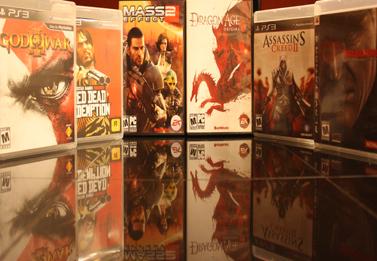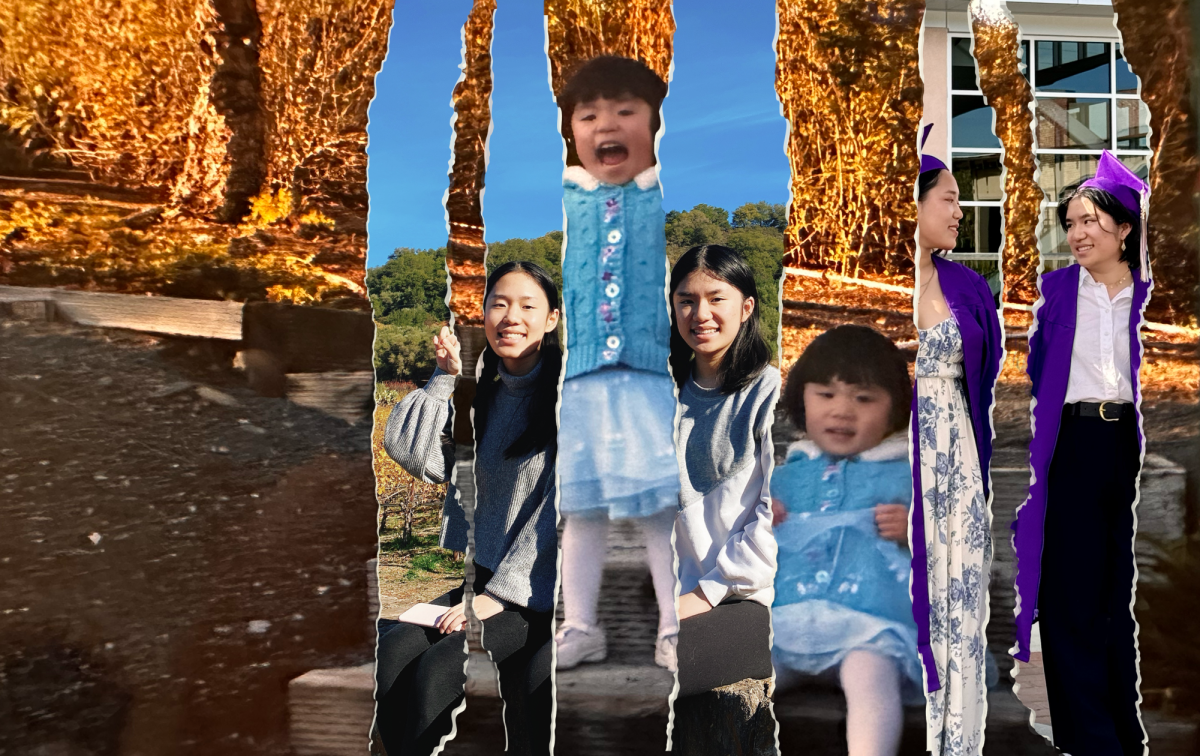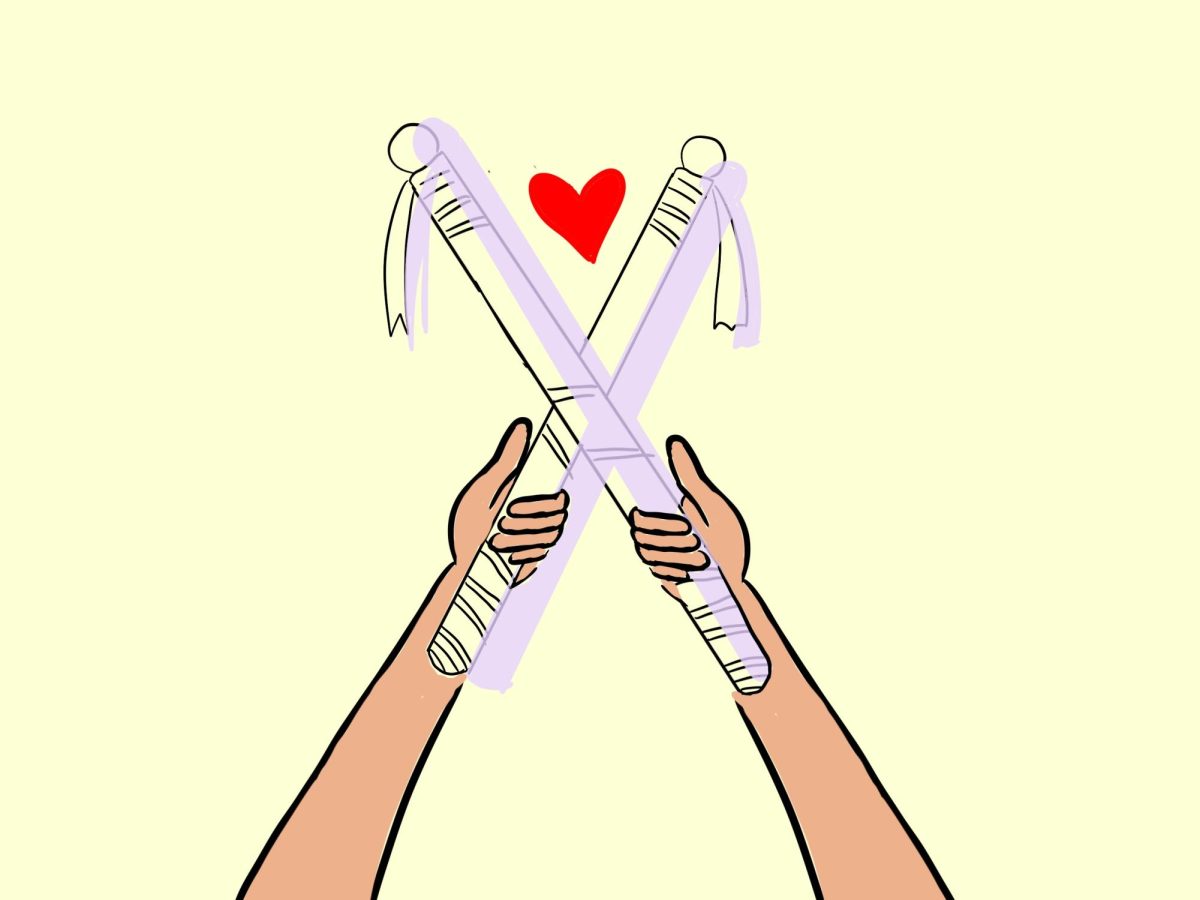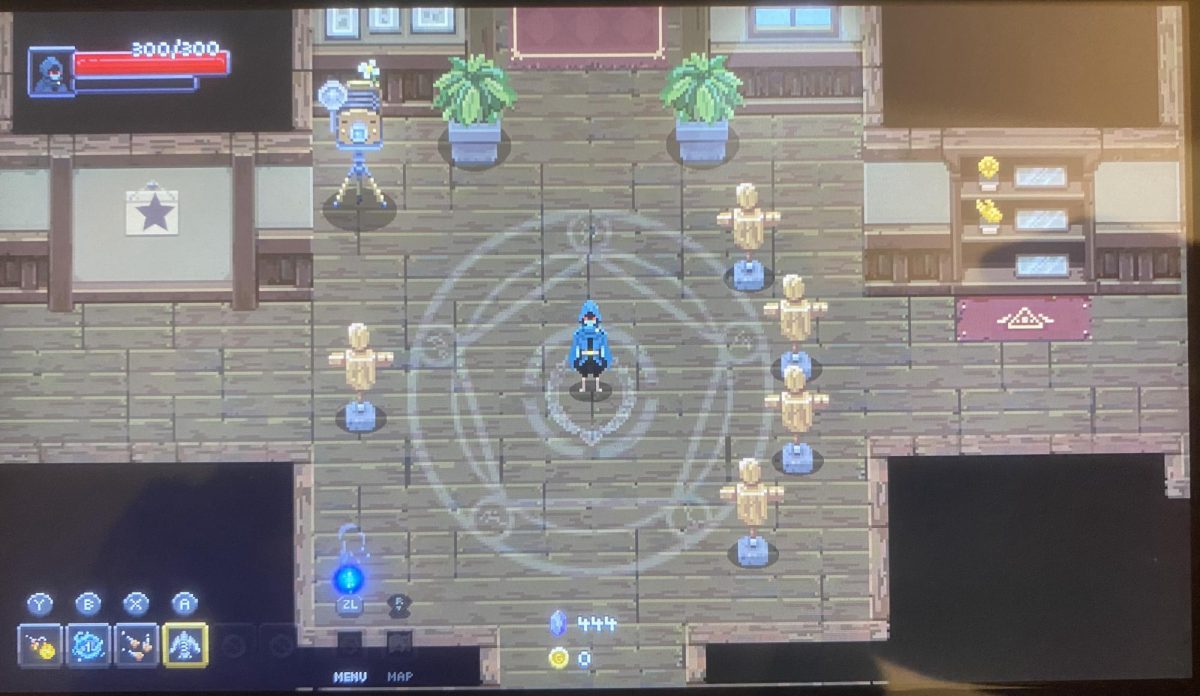 The Supreme Court ought to strike down the California law that seeks to prohibit the sale of violent video games to minors
The Supreme Court ought to strike down the California law that seeks to prohibit the sale of violent video games to minors
“Boom! Headshot.”
It is no surprise that violent video games, with their glorious depictions of carnage, have often served as scapegoats for criminal behavior in minors—because a headshot that occurs in real life can obviously be traced back to one in a video game, right?
The validity of such reasoning will soon be decided by the nation’s ultimate authority: the U.S. Supreme Court.
On Nov. 2, the Supreme Court will hear oral arguments regarding a Californian law that would ban the sale of violent video games to minors in Schwarzenegger v. Entertainment Merchants Association. California's law has already been struck down twice by courts, on the grounds that it is unconstitutional. Let’s hope that the Supreme Court will uphold this precedent and curb California’s efforts at censorship.
 There are numerous problems with California's proposed law, starting with the the negative impact it would have on the gaming industry. Restrictions on the sale of violent games would hurt developers; as a result, the developers would edit their games so that they did not fall under the dreaded category of “violent”. Such a scenario is a reality in regions like Australia, where government censorship forces companies to reduce the level of gore in their games.
There are numerous problems with California's proposed law, starting with the the negative impact it would have on the gaming industry. Restrictions on the sale of violent games would hurt developers; as a result, the developers would edit their games so that they did not fall under the dreaded category of “violent”. Such a scenario is a reality in regions like Australia, where government censorship forces companies to reduce the level of gore in their games.
California's assertion that gory video games make children violent is completely unfounded. According to former MIT professor Henry Jenkins, most studies have not conclusively proven that virtual killing causes real violence—many have shown correlation, not causation. Jenkins notes that gamers that do commit crimes may have been aggressive before they were exposed to games. A large portion of young gamers do indeed play violent video games without exhibiting destructive behavior; in fact, a 2001 U.S. Surgeon General report found that youth violence normally stems from mental and familial factors, not video games.
Perhaps most importantly, prohibiting retailers from selling minors violent video games would violate the First Amendment. By restricting the amount of people who could buy certain video games, the law would inhibit the people's access to certain ideas, thus endangering freedom of speech. Video games, even gory ones, are protected under the First Amendment. To suggest otherwise would be to lower games to the status of pornographic materials, which would be a gross injustice. Violent movies are often showered with awards and praised by critics and the public alike—video games should be treated with the same respect. The rights of video games are supported by a 2005 ruling of the U.S. District Court for the Northern District of California, in which Judge Ronald Whyte labeled California’s law as unconstitutional.
Whyte wrote in his ruling that, “The Act regulates video games, which, even though mere entertainment, are nonetheless protected by the First Amendment…The State has also not shown that the Act will accomplish its goal of protecting the physical and psychological well-being of minors more effectively than the existing, narrower industry standards”
The decision to sell potentially offensive video games ought to lie with private enterprises, not the government. The Entertainment Software Rating Board, the “narrower industry standards” to which Whyte refers, provides each video game with an advisory rating, ranging from Everyone to Adult Only. Retailers already do a fine job of following these ESRB guidelines when selling games to minors. Let’s keep it that way.
{cc-by-nd}





















